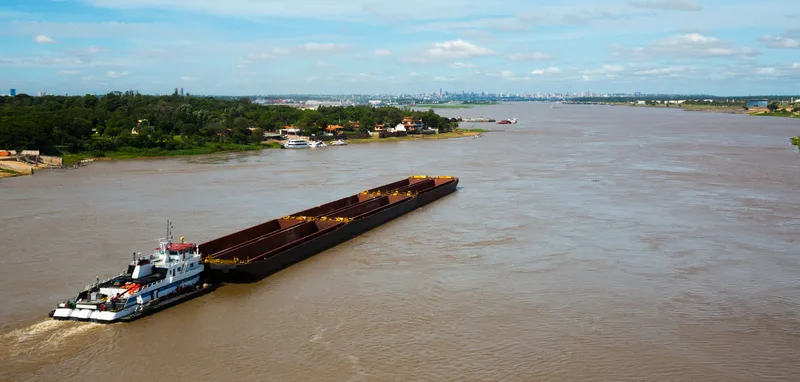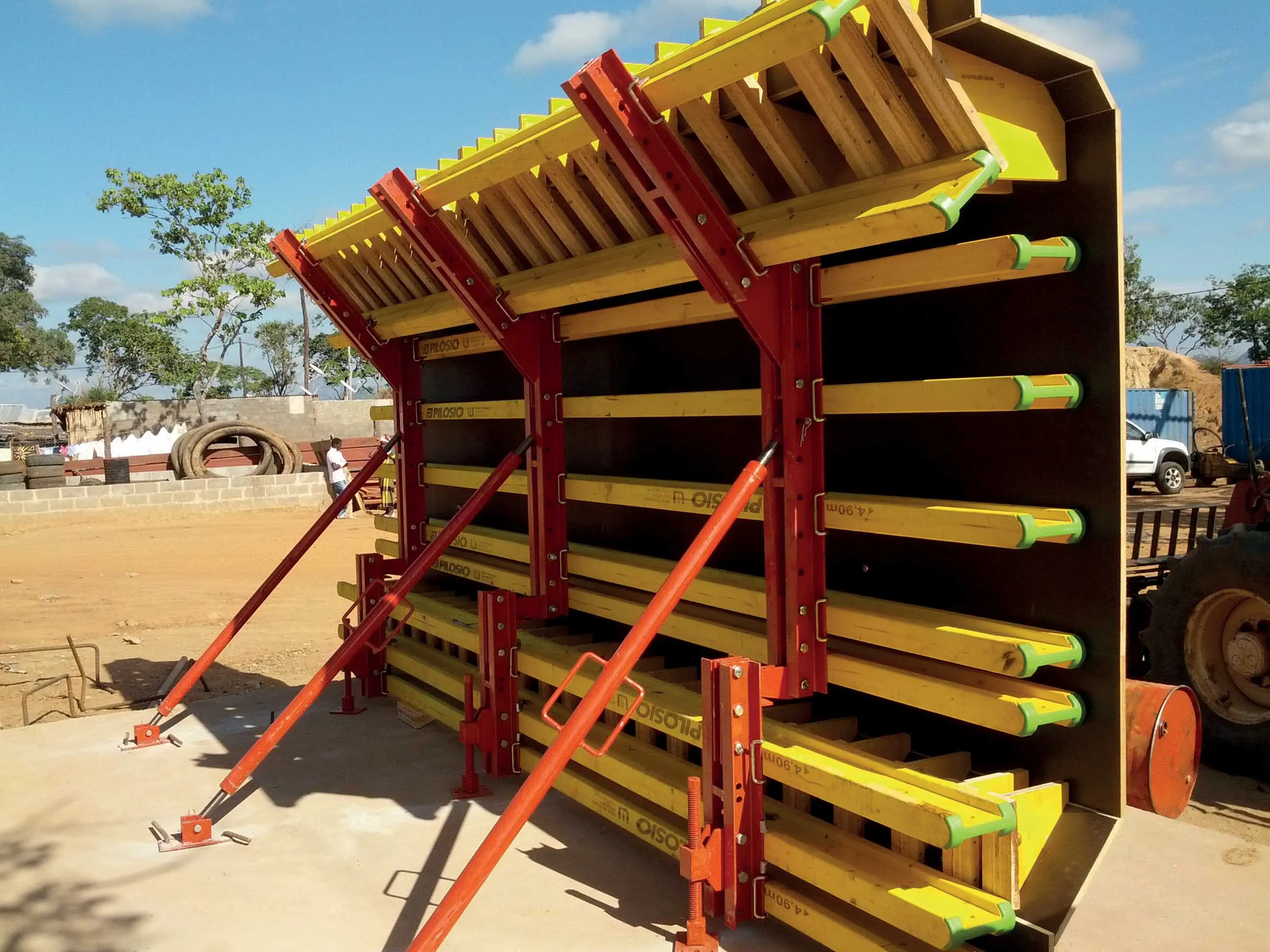A major Brazilian bridge construction deal has been agreed.
By MJ Woof
November 24, 2020
Read time: 1 min

An agreement has been reached for the construction of a major bridge project for Brazil. A consortium including two Chinese firms and one Brazilian contractor will build the 12.4km link, which will connect Itaparica and Salvador.
A cable-stayed design is favoured and will be the longest such sea-crossing in Latin America when complete. Construction is expected to take four years.
The consortium comprises China Railway 20 Bureau Group Corporation, China-based engineering company China Communications Construction Company (CCCC) and CCCC South America Region Company.








